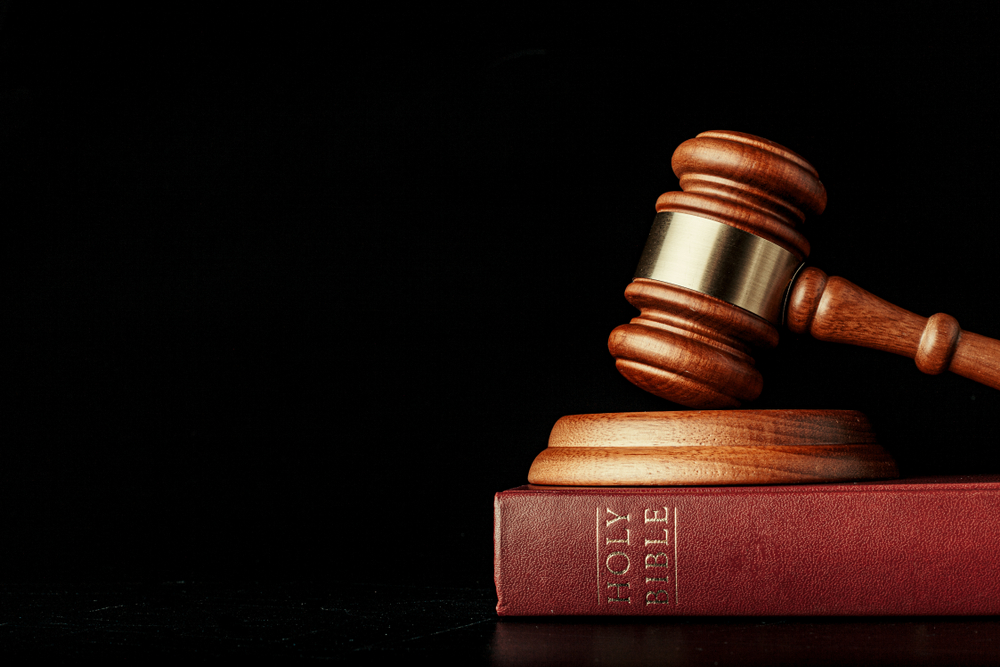An Arizona appeals court has reinstated a civil lawsuit against the Church of Jesus Christ of Latter-day Saints, allowing three siblings to move forward with claims that church leaders failed to report sexual abuse committed by their father. The lawsuit centers on whether church officials had knowledge of the abuse outside of protected religious confession and whether they were legally obligated to notify authorities under Arizona’s mandatory reporting laws, Bob Christie reported yesterday for the Arizona news source, Daily Independent.
The father, Paul Adams of Bisbee, admitted to molesting his children but continued living with them for years after his confession, during which time the abuse allegedly continued. He was only arrested in 2017 after an unrelated tip led to the discovery of explicit online content. He later died by suicide in jail.
The lawsuit, originally dismissed in 2023 by a Cochise County judge, alleged that church officials had knowledge of the abuse beyond the protected confines of religious confession. The lower court had ruled that clergy were shielded from mandatory reporting laws because the abuse was disclosed solely in privileged confessionals.
However, the Arizona Court of Appeals determined that a jury should decide whether the Church and its bishops learned of the abuse through other means, and thus, were legally obligated to report it under Arizona’s mandatory reporter statute.
Abuse Admitted Outside Confessional Settings, Plaintiffs Argue
According to court filings, Adams confessed to sexually abusing his eldest daughter during a meeting with his bishop. That bishop then arranged a follow-up meeting with Adams’ wife, during which Adams repeated the admission. Attorneys for the children argued this triggered mandatory reporting obligations, since the disclosure occurred outside a confidential clergy-penitent setting and involved a third party.
They also cited a church excommunication hearing and appeal process where Adams again admitted the abuse, this time in front of a broader panel. The appeals court agreed a jury could conclude that by doing so, Adams voluntarily waived clergy-penitent privilege, thereby obligating the church to act.
“A jury could reasonably infer that Paul’s actions in the later proceeding voluntarily waived the clergy-penitent privilege for the purpose of disclosing his abuse of Doe to all members in attendance, clergy and non-clergy alike,” wrote Appeals Court Judge Christopher P. Staring in the panel’s decision.
Church Doctrine and Conduct Under Scrutiny
The lawsuit also challenges whether the Church and its bishops followed their own protocols. Plaintiffs highlighted entries in the Church’s general handbook and testimony from a church counselor, both of which they say raise doubt about the claim that Adams’ confession “must have been kept secret.”
“In other words, there is a genuine issue whether it was ‘reasonable and necessary’ for Church Defendants to withhold reporting Jane Doe I’s abuse,” the ruling stated.
The appeals court concluded that the case raises legitimate factual disputes and should proceed to a jury trial in the lower court.
Church Plans to Appeal to Arizona Supreme Court
The Church issued a statement following the ruling, indicating it will appeal to the Arizona Supreme Court. The statement emphasized the Church’s commitment to preventing and reporting abuse: “In this tragic case involving abuse perpetrated by the children’s father, the Church and its clergy acted in accordance with Arizona law.”
Years of Abuse Before Arrest
Adams’ abuse reportedly continued for years after these disclosures. He was only arrested after authorities received an unrelated tip about sexually explicit videos he had posted online. In addition to the Church itself, the lawsuit names two bishops who had counseled Adams. One of them was informed directly by Adams of the abuse and then relayed that information to his successor.
Despite being excommunicated in 2013, Adams remained in the household with his wife and children until his arrest in 2017. His wife, Leizza Adams, was sentenced to 2.5 years in prison for failing to report the abuse. She was released in 2020.
A Matter of Legal Duty and Moral Obligation
A plaintiff’s attorney described the appellate ruling as a crucial safeguard for children, saying clergy should not be permitted to evade mandatory reporting requirements when they learn of abuse outside privileged settings.
“If third parties know or should know about abuse,” the attorney said, “it is a minimal and moral obligation to report it.” He warned that carving out too many exceptions to reporting laws would leave vulnerable children with no protection.
“If everybody can chip away at mandatory reporting laws,” he added, “then the children don’t have any protection anymore. So it’s good that the courts are willing to give it a real life, because sometimes those statutes can be snuffed out with litigation.”
Know Your Rights
If you or someone you know experienced sexual abuse connected to LDS-affiliated programs, you may have legal options. Learn more by visiting our LDS Sexual Abuse Lawsuit Guide.
You can also fill out the brief, confidential form below for a free legal case review to determine your eligibility for compensation.




